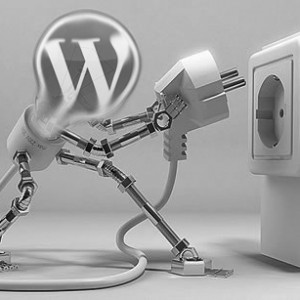When to Use a WordPress Plugin and When Not To
Posted on Jul 3, 2011 in Plugins | 0 comments
 WordPress Plugins are immensely useful. The fact that WordPress has so many plugins is one of the reasons I, as a web designer, favor WordPress for small business websites.
WordPress Plugins are immensely useful. The fact that WordPress has so many plugins is one of the reasons I, as a web designer, favor WordPress for small business websites.
However, it’s important to be aware that plugins come with their own share of problems. Let’s examine the advantages and disadvantages; sometimes it’s better to do without, or to actually hard-code a fix or find another approach instead of using a solution.
Advantages of Plugins
They’re very easy to install
They’re the most user-friendly; as a web designer, I like to set up plugins so the client can easily turn it off or change the settings.
Someone else is maintaining them (hopefully), fixing bugs and updating the code as necessary to be compatible with newer releases of WordPress
If you make manual changes to a theme or core WordPress files, you will lose those changes and have to make them again–manually–when you update WordPress or the theme.
Disadvantages of Plugins
WordPress plugins can slow down the site, some plugins more than others; the flexibility has a price.
Plugins can add their own bugs and incompatibilities. They may not work at all with the most recent version of WordPress, or may be incompatible with another plugin, resulting in unexpected behavior.
Plugins can litter the database; many plugins add fields or tables to the database. This data is generally not removed when the plugin is. This can clutter the database, but also cause problems if a future plugin tries to use some of the same names.
Conclusion
In general, I favor the use of plugins, in order to make life easier for the client. However, I make sure to ask myself if the plugin is necessary and actually providing value. Many times the apparent value is so small there’s no harm in doing without it.
If I decide to hard-code a change instead of using a plugin, it’s typically because it’s something the client would not want to change anyway, and it’s as easy to modify the code as it is to find and configure the plugin.



